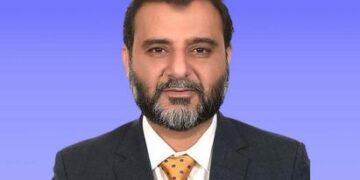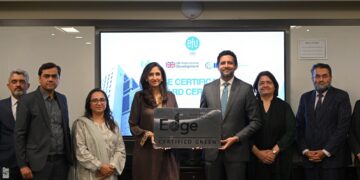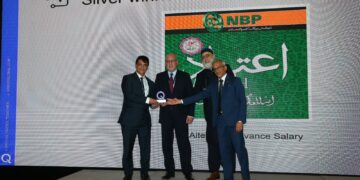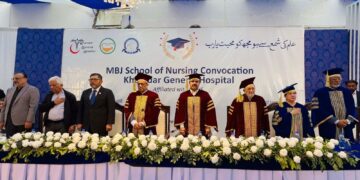Karachi: In a recent visit to the Korangi Association of Trade and Industry (KATI), Muhammad Aurangzeb, Chairman of Pakistan Business Council, President & CEO of Habib Bank Limited and Pakistan Banks Association emphasized the crucial role of a stable long-term economic policy in the country. During the event, prominent figures from the banking and industrial sectors, including KATI President Faraz-ur-Rehman, Deputy Patron-in-Chief ZubairChhaya, Senior Vice President NighatAwan, Vice President Muslim Mohamedi, Former President GulzarFiroz, Sheikh Umar Rehan, Saleem-uz-Zaman and others were in attendance.


Aurangzeb acknowledged the challenges faced by the industry due to the non-opening of Letters of Credit (LCs), which resulted in a lockdown of various sectors. He highlighted that international banks were initially hesitant to confirm Pakistan’s LCs, but the process of confirmation began a few months ago. As a positive development, documents for import LCs are now being cleared, indicating progress in the matter.


Praising the visionary approach of the late SM Munir, Aurangzeb stressed the absence of an alternative plan for the economy following the International Monetary Fund (IMF) agreement. Drawing attention to Bangladesh’s economic model, he commended its 12-year policy continuity and the significant role of women in driving economic development. Aurangzeb further emphasized the need for prioritizing exports to achieve sustained growth.
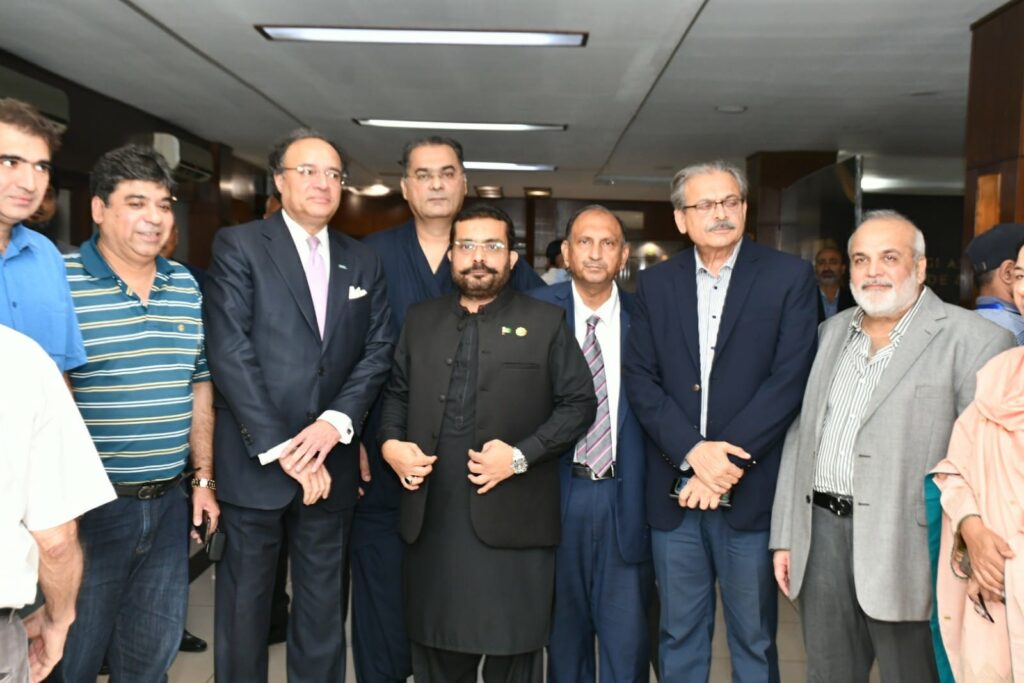

Regarding the financial situation, Aurangzeb stated that the value of the Pakistani rupee is closely linked to LCs. While banks have resumed opening LCs, the government previously had to halt import payments due to a shortage of foreign exchange. However, the situation is now showing signs of improvement.
Aurangzeb expressed optimism that inflation would decrease by the end of the year, with a possible decrease in the interest rate anticipated for the following year.
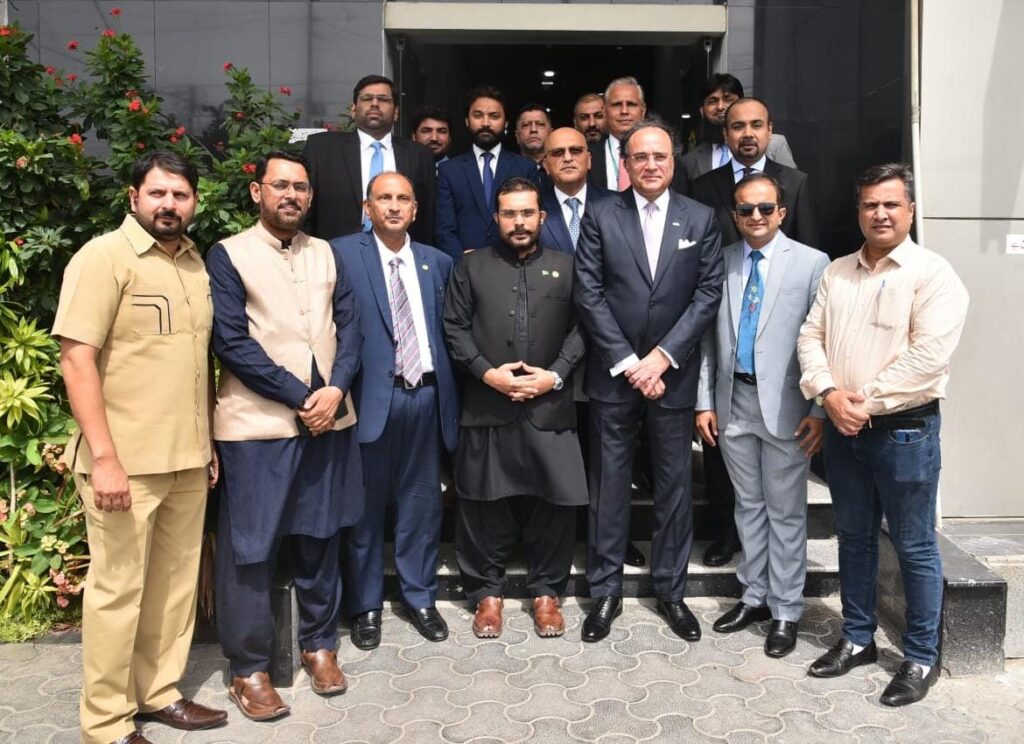

Earlier, KATI President Faraz-ur-Rehman highlighted the vital role of the banking sector, which works hand in hand with importers and exporters. He raised concerns about the prolonged non-clearance of LCs and associated documentation by competent banks, causing numerous problems for the business community over the past few months.
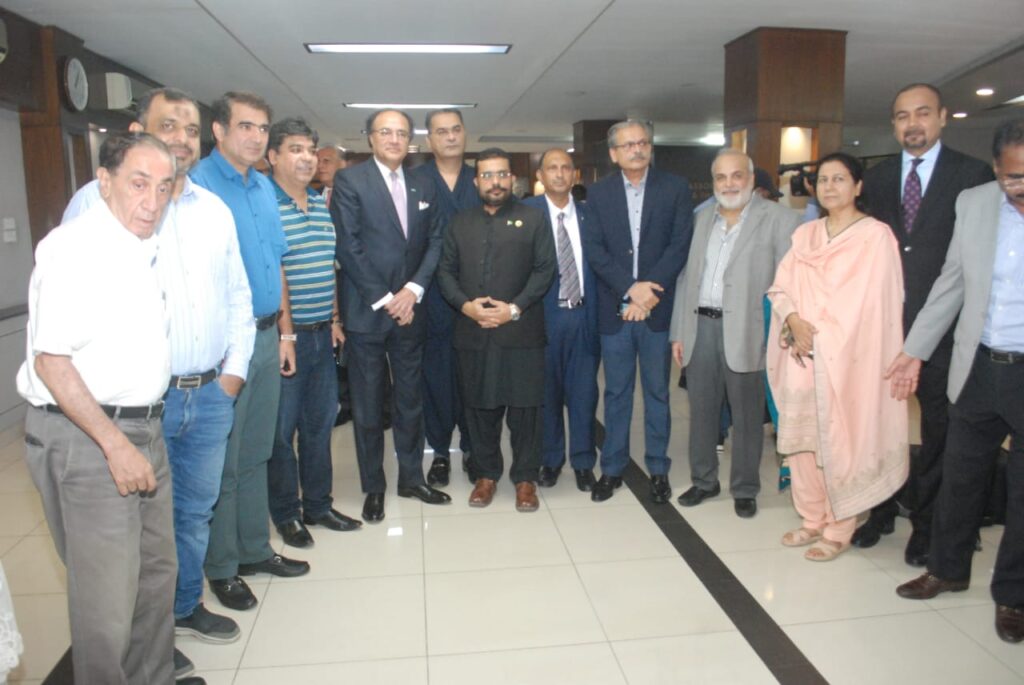

Deputy Patron-in-Chief ZubairChhaya shed light on the challenging conditions faced by industries in the current economic senario. He also noted an increase in the business of banks, but underscored the detrimental effects of issues related to LCs, imports, and markups on manufacturers. Chhaya expressed disappointment in the contrary outcome following the IMF agreement, as the anticipated decrease in the dollar value and inflation did not materialize. He particularly emphasized the significant impact on the Small and Medium-Sized Enterprises (SME) sector, emphasizing the urgent need for remedial action.







